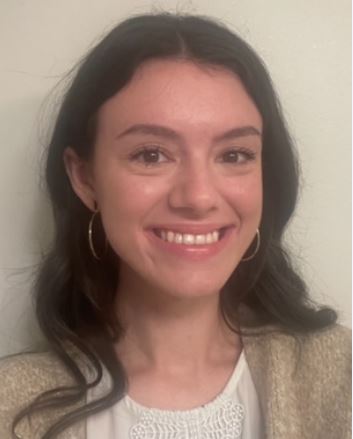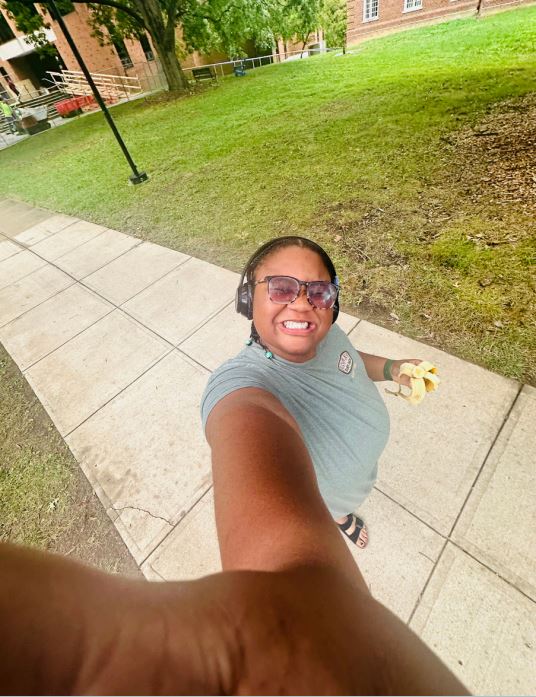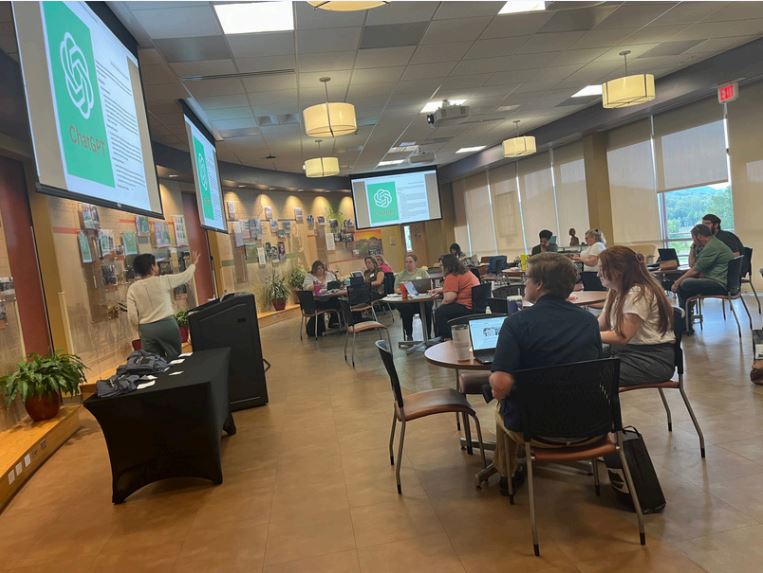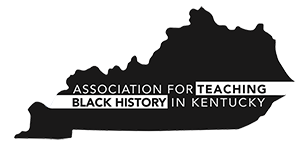Welcome to the latest edition of our newsletter, designed especially for the dedicated supporters and friends of the Association for Teaching Black History in Kentucky. We’re thrilled to have you with us as we continue our mission to educate, inspire, and honor the rich
history of Black Kentuckians.
ATBHK kicked off the 2024 Fellowship, bringing together in service and pre-service educators for a dynamic professional development session. Led by Dr. David Childs from Northern Kentucky University, the session focused on using inquiry-based methods to teach Black history. Hosted at the Carter G. Woodson Center at Berea College, the event marked a strong start to the fellowship’s mission of enhancing Black history education across the Commonwealth. To learn more about this year’s Fellows and their work, see the YouTube video below!
Danielle Stratton Named Program Coordinator

We’re excited to announce that Danielle Stratton, a Berea, KY native, has joined the Association for Teaching Black History in Kentucky as our new Program Coordinator. Danielle holds a BA in history from Eastern Kentucky University and a Master of Arts in Teaching from the University of the Cumberlands. She is a certified 8-12 social studies teacher and spent two years teaching at George Rogers Clark High School in Winchester, KY, where she primarily focused on world history for sophomores.
Danielle is eager to bring her passion for history and education to ATBHK. She is dedicated to creating inclusive, respectful, and supportive curricula that highlight the contributions of Black Kentuckians and foster a deeper understanding of their impact on our state’s history.
ATBHK Undergraduate Spotlight of the Month: Hannah Burns
We are proud to recognize Hannah Burns, a native of Lexington, KY, as our Undergraduate Spotlight of the Month! An elementary education major at Berea College and our primary labor student, Hannah plays an integral role in the daily operations of the association.
Hannah says, “Teaching Black history is important to me because it provides a fuller, more accurate understanding of our shared history and celebrates the contributions and resilience of Black individuals.”
Her passion for education and commitment to fostering inclusive learning environments make her an invaluable part of the ATBHK team. We are excited to highlight her contributions and dedication!

ATBHK’s Inaugural Curriculum Writing Cohort
We are happy to announce the launch of ATBHK’s first-ever Curriculum Writing Cohort! This talented group of teachers from across Kentucky has been selected to create a series of inquiry-based lessons that will be available on our website for educators to use in their classrooms. Grounded in LaGarrett King’s framework for teaching Black history and aligned with the Kentucky Academic Standards, these
lessons will provide supplemental resources for existing curriculums, enriching the teaching of Black history across the Commonwealth.
We are excited about the impactful work this cohort will contribute to the education community!

ATBHK Mini-Grant Application OPEN NOW!
The Association for Teaching Black History in Kentucky is excited to offer mini-grants to support our amazing K-12 teachers! If you have a creative project or lesson idea focused on Kentucky’s rich Black history, we want to help make it happen.
What Can You Do with the Grant?
- Teaching Materials: Buy books, films, and other resources to bring Black history to life in your classroom.
- Field Trips: Take your students on educational trips to museums, historical sites, and cultural centers.
- Conferences and Workshops: Attend events that help you learn more about Black history and bring back new ideas to your students.
- Special Projects: Develop new lesson plans, invite guest speakers, or create unique projects that engage your students in learning about Black history.
- Grant Amounts: You can apply for grants ranging from$250 to $500. And the best part? You can apply for renewal each year if funds are available!
Who Can Apply? Any K-12 teacher in Kentucky with a passion for teaching Black history.
Application Process:
- Fill Out the Form: Provide some basic information about yourself and your
school, then describe your project, how you’ll use the funds, and what you hope to achieve. - Review and Decision: Our committee will review all applications and select th
projects that best meet our mission.
Contact Information:
Email: [email protected]
phone: 859-985-3942
Professional Reading
Using Inquiry-Based Learning to Encourage Student Agency
This article emphasizes the power of inquiry-based learning in fostering student agency, particularly through empathy-driven exploration. In the context of teaching Black history in K-12 classrooms, educators can apply this method by crafting open-ended questions that connect Black historical figures and events to real-world applications. For example, students might investigate “How might we highlight Black contributions to our community?” By conducting empathy interviews with community members and stakeholders, students can develop solutions that make Black history more relevant and impactful, promoting critical thinking and active engagement with the subject.
ATBHK Wants to Visit Your School!









